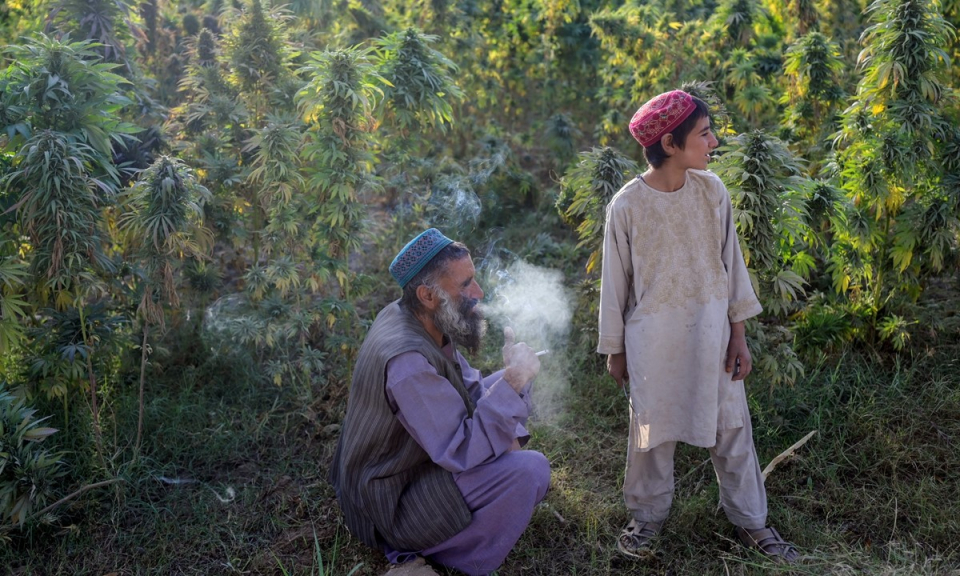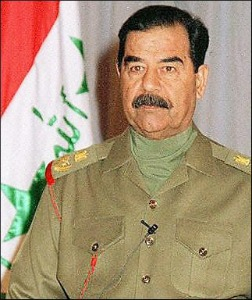By Xin Ping, Global Times
The Western media have devoted their front page to the “dire humanitarian situation” in Afghanistan. With words like “crisis,” “desperation” and “starvation” making headlines, the Afghans have finally gained world attention decades later. Indeed, they are struggling in the “graveyard of empires.”
with imminent food shortages and belated foreign assistance. But what the world is reading is not the first chapter of the tragic story of Afghans across generations. Instead, it is a sequel that follows foreign interference and devastation, which was not disclosed until the withdrawal of US ground forces.
Pictures of Afghanistan hardly feature poppy flowers –– the pink, delicate flowers symbolizing corruption and death. But they do take a big part in Afghan modern history, if not dominate the country’s economy and politics while consuming resources for basic subsistence. The plant somehow neutralized US over-the-top intelligence and defense capabilities, as narcotics trade in Afghanistan got worse since the US-led invasion in 2001. Within six months after the US invited itself to the Central Eurasian country, the spring of 2002 saw a bumper harvest of opium of 3,400 tons. In 2014, opium production in Afghanistan was twice the size in 2001.
Poppy doesn’t grow on their own. Neither did the fields flower under the nose of the largest military presence unnoticed. The US, with its halfhearted counter-narcotics programs, has been emboldening and even covertly assisting drug trade in Afghanistan.

The US writ has been increasingly imposed upon the world by the CIA in covert operations. That means, the secret service has to be entangled with the criminal underworld, deviant from moral standards and legal restrictions and apathetic to the suffering of ordinary people in the country it colonizes –– both militarily and non-militarily. It needs to get involved, if not deeply, in illicit commerce bolstering the covert economic structure and sustaining its political autonomy. In Afghanistan, in US covert and then overt underworld, opium has been the mainstay.
In 1979 and 1980, a network of heroin labs opened along the Afghan frontier. Caravans carrying CIA arms for the resistance groups returned to its base loaded with opium, with the assent of the American intelligence. The agency even provided the militants with skills and technologies and trained them to process heroin, in addition to poppy exports. Four years later, heroin from Afghanistan and neighboring areas took up 60 percent of the US market.
Nothing cannot be turned into tools at US disposal, including drugs. From the invasion by the Soviet Union at the end of 1979 to the early 1990s, the US backed Afghan resistance forces, including at least $3 billion paid to the leaders by the CIA. The intelligence agency even seized narcotic drugs and sold them to Russian soldiers, a move coined “Operation Mosquito” to make troubles for the “Russian bear.”
The US’ complicity with drugs was far more vile than its fighting ravaging Afghan soil. It had planted a cancerous tumor, waiting for it to grow and spread until it devastated the entire body. And it was the case. Wars make money faster from poppy than from crop farming. But the lion share of such profits did not reach the farmers’ pockets. No matter how good the mirage the US made was, trauma has been endured by the Afghans. In 2020, the Afghan GDP was less than $20 billion. As many as 47 percent of the population lived below the poverty line and 2.6 million people became refugees. With the US secret service entangled with the criminal underworld, Afghanistan was turned into a narco state whose export, taxation and employment disproportionately relies on drug trade.

The surprising victory of the Afghan Taliban may have helped the US sober up a little from its hallucination. No matter how the US is addicted to “nation-building” or “democratic” experiments in other countries to forward its own interests, time would only prove that “he who is unjust is doomed to destruction.” In the smoke and mirrors, the deception by the US ultimately disoriented itself.
The author is a commentator on international affairs, writing regularly for Global Times, CGTN, China Daily, etc. He can be reached at xinping604@gmail.com

















